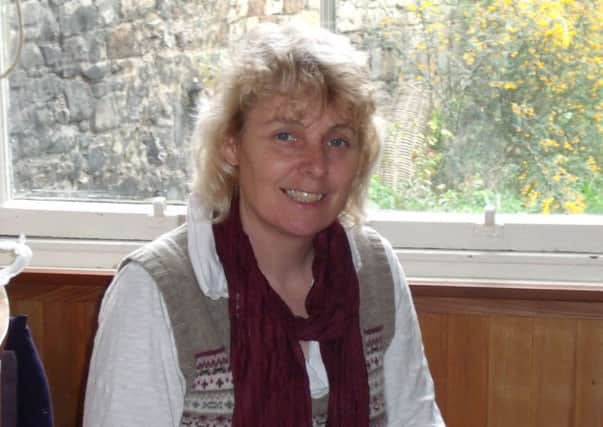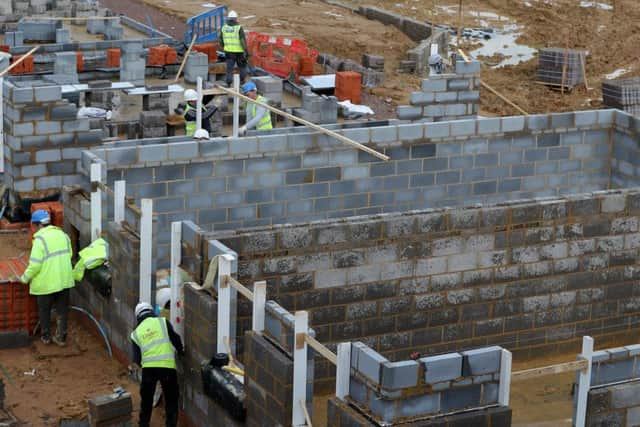Clare Symonds: Planning Bill as it stands will see local areas shaped by developers, not by their communities


Planning may not be the most exciting topic of conversation, but it affects us all at some stage in our lives. It shapes how towns and cities develop, decides where houses do and don’t get built and determines whether precious green spaces are protected or not. It sits in the background rather than the forefront of most people’s lives – until an unwanted planning application arrives on their doorstep.
Daya Feldwick, who now co-ordinates the network, was one. “I didn’t know anything about planning until the woods where I walked my dogs came under threat from development. They supposedly had special protected status, but I now know this doesn’t necessarily safeguard their future. Since then I have been on a journey trying to work out how people can influence planning decisions. Now, through the Planning Democracy network, I have discovered that there are hundreds of others like me, struggling not only to understand planning, but to get their voice heard, and finding that the system is weighted heavily in favour of the developer.”
Advertisement
Hide AdAdvertisement
Hide AdSo, will the proposals suggested in the new planning Bill do anything to redress the balance? Unfortunately, this seems unlikely unless the politicians overseeing its progress are willing and able to make substantial changes.


Rather than strengthening community empowerment, as ministers had promised, the Bill includes measures more likely to undermine democratic local planning, with central government exerting more influence and control over planning professionals and local councillors. The substantial section on Simplified Development Zones seems to be based on a misplaced belief that planning gets in the way of development – an agenda pushed by influential lobbies like the volume house builders.
The much-vaunted proposal to introduce Local Place Plans, enabling community groups to produce plans for their local areas, has been watered down and will not be part of the formal development plan that has greater weight in decision-making. Several communities who have already been involved in producing their own plans have first-hand experience of the frustration this generates.
John Kelly of Linlithgow Community Council – lauded by the minister Kevin Stewart as an example of the potential benefits of Local Place Plans – told Planning Democracy: “The current development plan for Linlithgow within the West Lothian Local Development Plan proposes ad-hoc housing sites all around the town’s edges with little concern for the infrastructure consequence.
“In contrast, our own plan – based on local knowledge – sets out a logical expansion of the town, taking into account the current demographic, with suggestions about the most suitable locations for different kinds of housing developments, including adequate infrastructure. But our hard work to produce a locally acceptable master plan for the town was rejected, which means the future of the town will now be shaped by developers rather than by the community.”


Also notable in the Bill is the failure to create a more level playing field when it comes to appealing decisions. The lack of any right for a community to appeal a planning decision is seen by many as one of the most unpopular and unjust aspects of the current system – and that sense of injustice is compounded by the fact that an easy and accessible route of appeal is available to developers if they are refused planning permission.
The main reason offered by the government for refusing to include an equal right of appeal within the Bill is that it would have a negative impact on the economy. But no evidence has ever been produced to back up this claim.
This decision undermines the stated aim of the Bill to create a “plan-led system” that encourages people to get involved early on in shaping local development plans and local place plans. If there is no right of appeal for communities, there will be less incentive for people to voluntarily spend hours of their lives working hard to produce a plan. Nor will the rejection of an equal right of appeal encourage developers to ensure their applications fit with the democratically agreed aspirations of the community.
Advertisement
Hide AdAdvertisement
Hide AdThe planning system in Scotland is facing an important year ahead. We would urge politicians involved in the Planning Bill to seize this opportunity to create a genuinely democratic and plan-led system that prioritises people and the environment over profit.
Clare Symonds is the chair of Planning Democracy